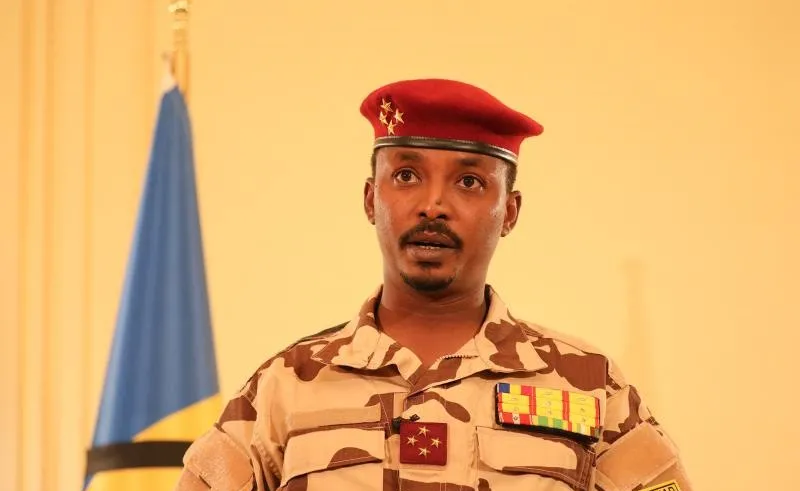
The Sahelian country Chad, located in central northern Africa, has been in constant instability and conflict since its independence from France in 1960. The country is dealing with both internal and external challenges, usually interconnected. In addition to the power struggles and other internal rivalries that Chad is experiencing, it is surrounded by six countries that face severe turbulences. Conflicts in Libya, Sudan, and the Central African Republic forced 500,000 people to leave their countries and move to Chad, placing an unreasonable burden on the country’s poor social services and health care system. What is more, Chad is encountering the proliferation of non-state armed rebel groups, among which is Boko Haram, an Islamic terrorist organization based in North-eastern Nigeria, which appeared in Chad in 2014 and assisted in the escalation of conflicts in the Lake Chad Region.
Internally, besides the centralization of power that has led the country to long-lasting tensions, Chad is facing severe socio-economic challenges like food and health insecurity and limited access to education. Chad’s inclusion in one of the poorest countries in the world comes in stark contrast with the region’s wealth in natural resources, particularly in oil, as is the tenth-largest oil producer in Africa. On the contrary, land distribution and the control of natural resources are major conflict triggers in the country, since beneficiaries are only state elites. On top of that, Chad’s complex relations with neighboring countries have worsened the situation in the region. Although the long-standing dispute between Chad and Libya over their borders was ostensibly resolved in 1990, after the intervention of the International Court of Justice, ongoing incidents led the former to close its border with Libya in 2018. In addition, Chad’s interference politically and militarily in both Sudan and Central Africa and its intervention in the fight against Boko Haram has caused serious instability and insecurity in the country.
For both Chad’s former President Idriss Déby and his son Mahamat Idriss Déby Itno, the current head of the state, the country’s socio-economic development was never a priority, as they considered security more crucial. Almost 14% of the national budget is invested in the country’s security and military, while 46.7% of the population is living below the poverty line. Chad’s central role in the fight against terrorism, as its military forces are considered the best among the five in the Sahel region, has been of great interest to the West. Especially its former colonial power France has shown big support to Chad’s security forces, as the region’s stability and security are important for Pari’s interests. However, this support has proven detrimental to Chad’s political and socio-economic situation. France aiming to avoid missing its ally in the fight against terrorism in the Sahel, not only has turned a blind eye but also has been supporting the government’s prioritization of regional security over human rights.
To understand the current situation in Chad, one should distinguish between the country’s and the regime’s stability. The government’s interests do not align with the country’s welfare, and a stable regime does not mean a stable country. On the contrary, Chadians face systemic racial and ethnic violence and discrimination and deal with violations of their right to food and health, while their freedom of expression is impeded in every possible way. However, the government’s repressive rule and severe infringements of fundamental human rights continue to be accepted and supported by France as it aims to maintain control over the region.
By The European Institute for International Law and International Relations.














